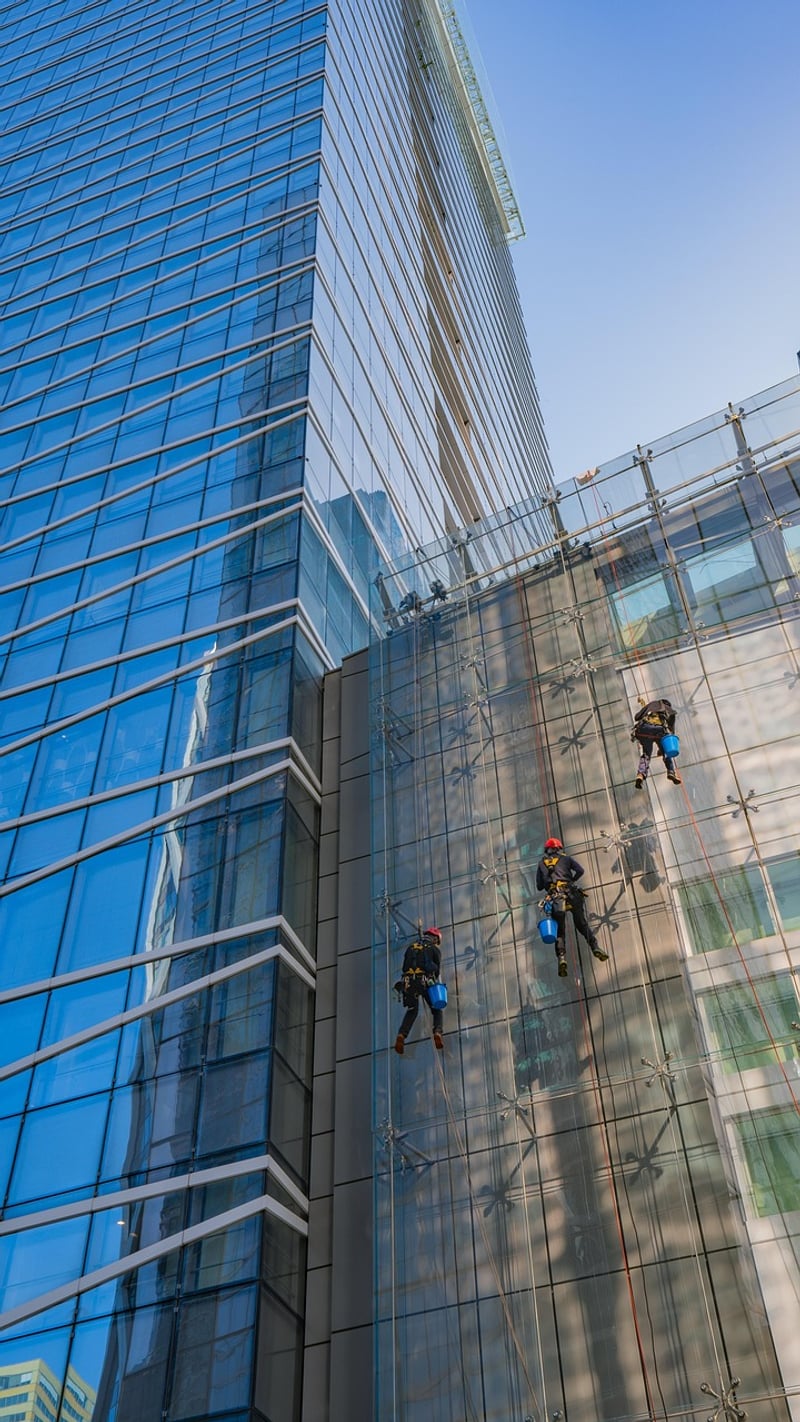Public Outcry
The Impact of Controversial Events on Public Outcry
Controversial events have the power to ignite strong emotions and spark widespread public outcry. Whether it's a social injustice, a political scandal, or an environmental catastrophe, these events have the ability to capture the attention of the masses and drive collective action.
Understanding Controversial Events
Controversial events are incidents or issues that divide public opinion, often leading to heated debates and disagreements. These events can range from ethical dilemmas to matters of public policy, and they have the potential to challenge societal norms and values.
The Role of Public Outcry
Public outcry refers to the strong and vocal reaction of the general public in response to a controversial event. This outcry can take many forms, including protests, social media campaigns, petitions, and boycotts. It serves as a way for individuals to express their dissatisfaction, demand accountability, and push for change.
Examples of Controversial Events
One notable example of a controversial event that sparked public outcry is the #MeToo movement, which shed light on the prevalence of sexual harassment and assault. This movement prompted individuals from all walks of life to share their stories and demand an end to such behavior.
Another example is the Black Lives Matter movement, which gained momentum following the deaths of several Black individuals at the hands of law enforcement. This movement brought issues of racial injustice and police brutality to the forefront of public discourse, leading to widespread protests and calls for reform.
Effecting Change Through Public Outcry
Public outcry has the potential to drive significant change by putting pressure on policymakers, businesses, and other institutions to address the underlying issues that sparked the controversy. By raising awareness, mobilizing support, and holding those in power accountable, public outcry can lead to policy reforms, organizational changes, and shifts in societal attitudes.
Conclusion
Controversial events have a profound impact on society, shaping public discourse and driving collective action. When met with public outcry, these events can serve as catalysts for change, prompting individuals to come together to challenge injustice, demand accountability, and strive for a better future.

For more information on current events and social movements, visit The New York Times.
